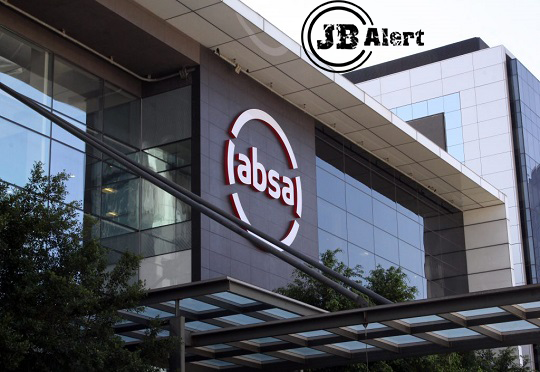AFDB Africa Investment Forum 2023
8 - 9 November 2023. Africa Investment Forum Market DaysFounding members of a new private-sector focused Alliance for Special Agro-Industrial Processing Zones (SAPZ) have announced $3 billion in new investment to transform Africa’s underdeveloped rural areas into agro-industrial corridors of prosperity.The Alliance, comprising development financial institutions, the private sector and development-oriented technical partners, will also help streamline the development and delivery of SAPZ projects The new commitments consist of $1.1 billion by the African Development Bank Group, $1 billion by Afreximbank, $300 million by the Islamic Development Bank Group (IsDB) and $600 million from Arise Integrated Industrial Platforms (Arise IIP) and its partners.BackgroundThe Market Days, an initiative of the African Development Bank and seven other co-founding partners, took place in Marrakech, Morocco over three days. Several heads of state and over 1000 participants including CEOs, heads of multilateral and regional financial institutions, business leaders and project developers and government ministers are attending the 2023 Market Days. The theme of the 2023 Market Days was Unlocking Africa’s value chains. The forum helps connect investors with bankable deals in several sectors including renewable energy, agribusiness and the manufacture of lithium-ion batteries for electric vehicles.Extracts of the agenda08/11 Launch of the Special Agro-Industrial Processing Zones AllianceAfrica’s food and agribusiness market could reach $1 trillion by 2030. The creation of Special Agro-Industrial Processing Zones facilitates closer connection between players across the value chain, which can stimulate more and more value creation domestically. With the direct impact of this increased value seen through job creation, wealth creation and an agriculture sector better able to withstand external shocks and pressures, could SAPZs be the defining moment in ending food insecurity in Africa for good?This discussion featured multiple stakeholder perspectives and examined how SAPZs can provide investment opportunities for both the private and public sector, in areas as diverse as infrastructure, logistics, technology, and SME financing. Panelists considered what incentives can be offered to stimulate these investments, what barriers exist, and what success looks like.Dr. Akinwumi Adesina, President, African Development Bank GroupH.E. Richard Tusabe, Minister of State for Treasury, Republic of RwandaH.E. Ryad Mezzour, Minister of Industry and Trade, Morocco @5:39:00"We have 7 agro processing zones which are operating on average for about 10 years.""The most performing industrial complex in Morocco exports to 72 countries. These are high quality and completely traceable products. In the agricultural sector you need an integrated company. Access to raw material is essential. In a full integration model 24,000 members are aggregated in a cooperative that is competing with world wide companies and have 40 % of the national market share, facing multinational companies with strong competitive and high qualitative products".Access to basics is essential: electricity, water, gas. Agro processing zones need equipment and reduced bureaucracy. We also need tailor made vocational training. The time you need to set up an operation plant, you train. It take little than 8 months to have qualified people."We started 18 years ago in Morocco when less than $8 billion of our goods was transformed. 18 years later, we are exporting $37 billion of transformed goods from Morocco. 87% of the value of our exported products, are transformed products. Our first exporting sector is automation. Transformed agricultural products are at the equivalent 50% and non-transformed agricultural products also 50%.""But the biggest challenges we have in terms of integration is with agro industry product. Let me tell you a small story. We are the first world exporter of sardines (fish). Sardines are fished in Moroccan territorial waters. But the boats are not Moroccan. The nets are not Moroccan. The oil or the gas oil for the boat is not Moroccan. Even the olive oil we put in the can is not Moroccan. What is the integration rate of this transformed product? I would have preferred to sell it without transformation because the value added is less than 10%. Is that what we need? No." "In all sectors we need to work on local integration. Our processing needs metallurgy. It needs chemistry of agro products. It needs a quality infrastructure to confirm that the products are reaching a high quality standards. Above all, African does not only have hands. They also have brains. So use the brains of our youth and make them create new products. adapted products that they can develop with our own material. It's not only about food, It's about everything else. It's a mindset, we proved we could do it. We could do it in several industries. We still have a lot to do, but we wanted to share thi
The Alliance, comprising development financial institutions, the private sector and development-oriented technical partners, will also help streamline the development and delivery of SAPZ projects The new commitments consist of $1.1 billion by the African Development Bank Group, $1 billion by Afreximbank, $300 million by the Islamic Development Bank Group (IsDB) and $600 million from Arise Integrated Industrial Platforms (Arise IIP) and its partners.
Background
The Market Days, an initiative of the African Development Bank and seven other co-founding partners, took place in Marrakech, Morocco over three days. Several heads of state and over 1000 participants including CEOs, heads of multilateral and regional financial institutions, business leaders and project developers and government ministers are attending the 2023 Market Days.Extracts of the agenda
08/11 Launch of the Special Agro-Industrial Processing Zones Alliance
Africa’s food and agribusiness market could reach $1 trillion by 2030. The creation of Special Agro-Industrial Processing Zones facilitates closer connection between players across the value chain, which can stimulate more and more value creation domestically. With the direct impact of this increased value seen through job creation, wealth creation and an agriculture sector better able to withstand external shocks and pressures, could SAPZs be the defining moment in ending food insecurity in Africa for good?
This discussion featured multiple stakeholder perspectives and examined how SAPZs can provide investment opportunities for both the private and public sector, in areas as diverse as infrastructure, logistics, technology, and SME financing. Panelists considered what incentives can be offered to stimulate these investments, what barriers exist, and what success looks like.
- Dr. Akinwumi Adesina, President, African Development Bank Group
- H.E. Richard Tusabe, Minister of State for Treasury, Republic of Rwanda
- H.E. Ryad Mezzour, Minister of Industry and Trade, Morocco @5:39:00
"We have 7 agro processing zones which are operating on average for about 10 years."
"The most performing industrial complex in Morocco exports to 72 countries. These are high quality and completely traceable products. In the agricultural sector you need an integrated company. Access to raw material is essential. In a full integration model 24,000 members are aggregated in a cooperative that is competing with world wide companies and have 40 % of the national market share, facing multinational companies with strong competitive and high qualitative products".
Access to basics is essential: electricity, water, gas. Agro processing zones need equipment and reduced bureaucracy. We also need tailor made vocational training. The time you need to set up an operation plant, you train. It take little than 8 months to have qualified people.
"We started 18 years ago in Morocco when less than $8 billion of our goods was transformed. 18 years later, we are exporting $37 billion of transformed goods from Morocco. 87% of the value of our exported products, are transformed products. Our first exporting sector is automation. Transformed agricultural products are at the equivalent 50% and non-transformed agricultural products also 50%."
"But the biggest challenges we have in terms of integration is with agro industry product. Let me tell you a small story. We are the first world exporter of sardines (fish). Sardines are fished in Moroccan territorial waters. But the boats are not Moroccan. The nets are not Moroccan. The oil or the gas oil for the boat is not Moroccan. Even the olive oil we put in the can is not Moroccan. What is the integration rate of this transformed product? I would have preferred to sell it without transformation because the value added is less than 10%. Is that what we need? No."
"In all sectors we need to work on local integration. Our processing needs metallurgy. It needs chemistry of agro products. It needs a quality infrastructure to confirm that the products are reaching a high quality standards. Above all, African does not only have hands. They also have brains. So use the brains of our youth and make them create new products. adapted products that they can develop with our own material. It's not only about food, It's about everything else. It's a mindset, we proved we could do it. We could do it in several industries. We still have a lot to do, but we wanted to share this experience with you."
- Prof. Benedict Oramah, President, Afreximbank
- Hani Salem Sonbol, CEO ITFC and Ag. CEO ICD, Islamic Development Bank (IsDB) Group
- Dejane Tezane, Director -Agribusiness, UNIDO
- Dr. Beth Dunford, Vice President for Agriculture, Human and Social Development, AFDB
"When I go to the store and Abidjan to buy cashews for my kids, I buy cashews that are produced in Cote d'Ivoire, but shipped to Asia for processing and then shipped back so I can purchase them in the grocery store. Just under half of the world's cashews are grown in Africa, but only 10% are actually processed on the continent. So what that does: it exports jobs, it exports profit and entrepreneurship. And what we want to do with the special agro industrial processing zones is really create the enabling environment. Remove the barriers to entry. To make it easier for the private sector to invest in value addition, be it to construct the infrastructure that's needed, especially in zones of high agricultural production. There's not a lot of infrastructure, roads, water, electricity, ICT. It's about getting all of the infrastructure in place, right policy, enabling environment, and importantly, the financing to make it easier for investment. So we can really shift that balance to have agribusiness to be a much higher share of the GDP than primary production and which is going to create the jobs and opportunities that we need on the continent."
- Mr. Gagan Gupta, CEO, ARISE IIP
As ARISE company we're in 10 countries operating Special Agro Processing Zones (SAPZ). Very
strong and bold policy decisions are needed from the government: no export of raw products. I'll share an example of one of the very successful SAPZs in Benin. What was the success and what did the government do?
Benin used to export raw cashew close to about 180,000 tons. And they've been doing it for last 50 years. We build a special agro processing zone and they have gone from about 90% raw exports to zero exports in less than 18 months, and thereby creating close to about 12,000 direct jobs in the industrial zone.
The official number of [raw] soya export is 40,000 tonnes. But when they said they will process it, the next year the production was 20,000 tonnes [of raw soya]. It means that the balance was never getting reported. So the official export [of] 40,000 [tonnes of raw soya that] the GDP captured 40,000 was actually 20,000 [tonnes of raw soya]. This was going through the country without declaration. But now the country is transforming everything in the country itself.
Benin used to export raw cotton. But by the end of this year they will be the largest textile plant in Africa operating 20,000 tonnes. It will be the largest textile integrated processing facility in Africa with close to 50,000 tonnes of processing right from cotton to garments. In the agro processing zone, about 18,000 people come to work as of today. And once we finish by end of the next year, about 40,000 people will be coming to work directly in the zone. So massive success. - Gunther Beger , Managing Director of the Directorate for SDG Innovation and Economic Transformation, UNIDO
- Oyebanji Oyelaran-Oyeyinka, Senior Special Advisor to the President, AFDB
- Moderator: Dr. Victor Oladokun, Senior Advisor to the President for Communications and Stakeholder Engagement, African Development Bank Group
09/11 Agri-Business: Unleashing Innovation and Unlocking Growth
Africa has enormous potential to feed its own population and the world. However, unlocking the full potential of African agribusiness requires investment in infrastructure, innovation, and value chain development. This panel will explore opportunities for investment in agribusiness, including value-added processing, logistics, and technology.
- Moderator: Raissa Okoi, Journalist and senior TV Anchor
- Mireille GHINAHOPHIN CEO and founder of OKEDJENOU Exporter of Attieke (Cassava processed flour into couscous)
"Africa exports more than 40,000 tons of Attieke per year and this product is used in all Sub Saharan African diets because it's gluten free so it's also used by other people, then Africans. But it's not being promoted through storytelling. We didn't exclude the local market. But we thought that we were dealing first with [international] markets that didn't know our product and markets. They were looking for new flavors and new food and more healthy food."
"The informal players don't pay the same taxes as we do. We work with the authorities to analyze our products. Every every year we need to test tons of produce. So we have to pay for for these analysis whereas informal producers don't do this. So they don't have to pay for this, It thus looks as though we are more expensive. However, we can access markets that they can't access as we can work with mass retailing."
"Today, the main market for our Attieke is West Africa, including Burkina Faso, Mali, and Senegal."
- "There are different types of derivative products in cassava. Dehydrated Attieke can be kept for two years and there's fresh Attieke which lasts one to three weeks. But in we also have a gluten free cassava flour and we also have starch which is very useful in both the agro industry and in the pharmaceutical industry. Cassava leaves are used as complements for magnesium and iron. There are many derivative products which are significantly under exploited. A cooperative transforms the peels into natural insecticides. They will also use the peelings of cassava as a feedstock for cattle."
- Dr. Adeel Malik, Professor Development Economics, University of Oxford
He recommended the book Markets and States in Tropical Africa. The Political Basis of Agricultural Policies. By Robert H. Bates · 2014
This book has analyzed the ways in which political power has been used to manipulate the major markets that determine the incomes of farmers in Africa. Agricultural policies in Africa are characterized by attempts to set prices in markets in a way that is harmful to the interests of most farmers.
"Within Africa there's potential especially in neighboring countries to export milk to produce and sell milk at scale. But that's where I think this idea of political economy, which I teach Oxford, becomes very important. Because whenever we are thinking about these products, there are already importers or producers. So if you are thinking about Nigeria for example, in the milk sector there are usually international companies: two or three big players who are producing milk and selling within the country. If you have more production of milk, especially at the cooperative level, it's going to be resisted, because a lot of the policymaking apparatus is more accessible to these big players. So those sorts of Political Economy issues become important."
What's Your Reaction?













.png)

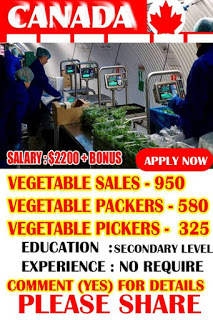

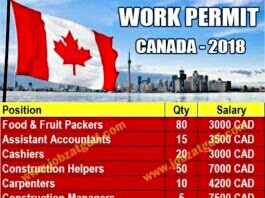














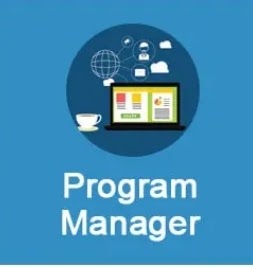


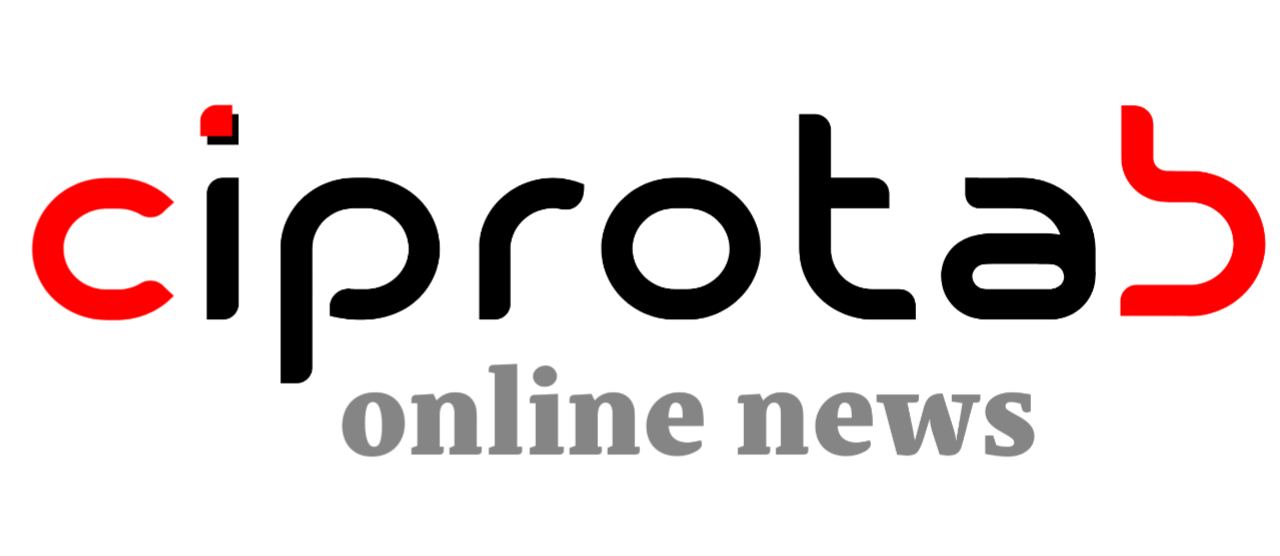




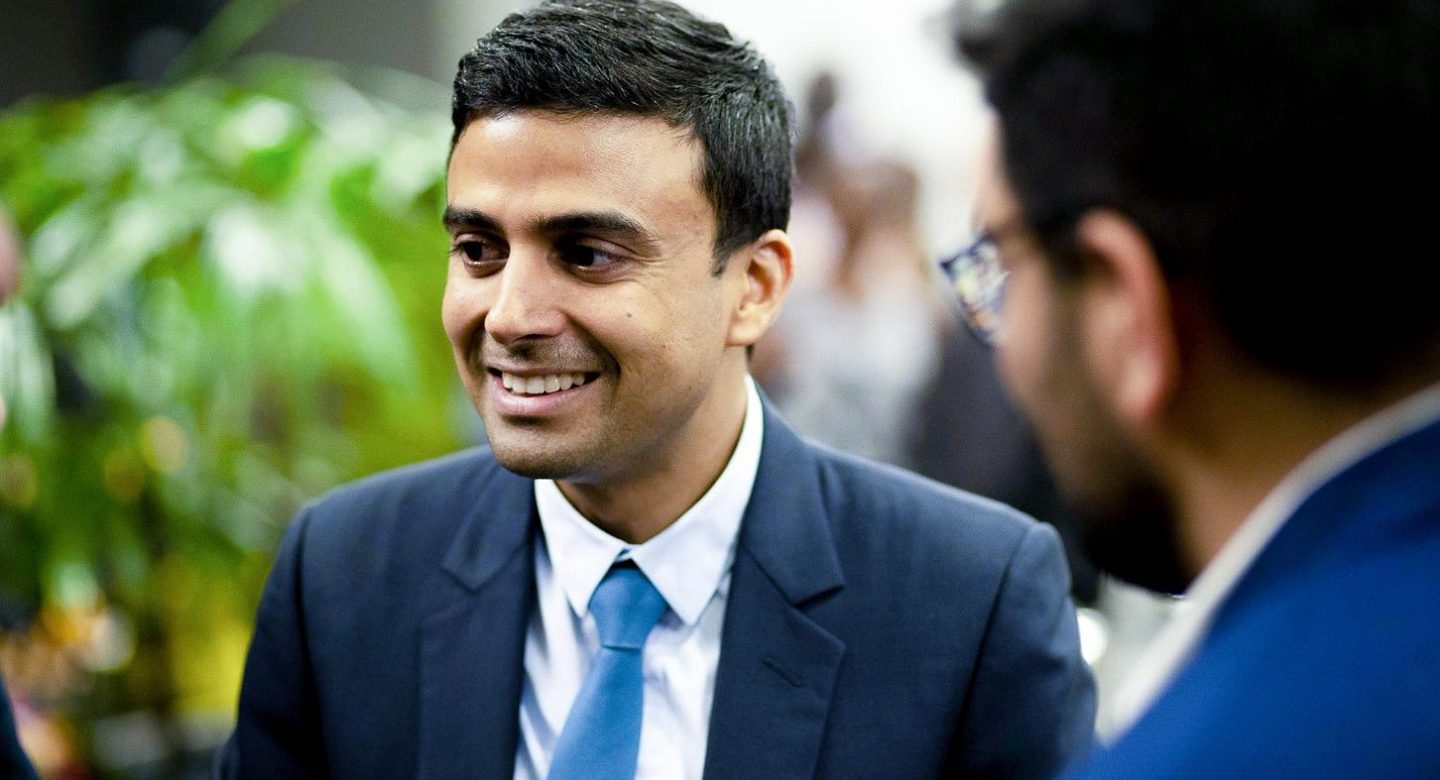



![Mr Greedy and the Tale of the Minimum Tracking Error Variance [optimising portfolios for small accounts dynamic optimisation testing / yet another method!]](https://1.bp.blogspot.com/-WqmC5GdlDWo/YVSHqLKz2EI/AAAAAAAAVb4/Hd490-HbWYklOxYh7jZd3gYePzL6SV5UQCLcBGAsYHQ/w1200-h630-p-k-no-nu/Mr_greedy_1A.png)



